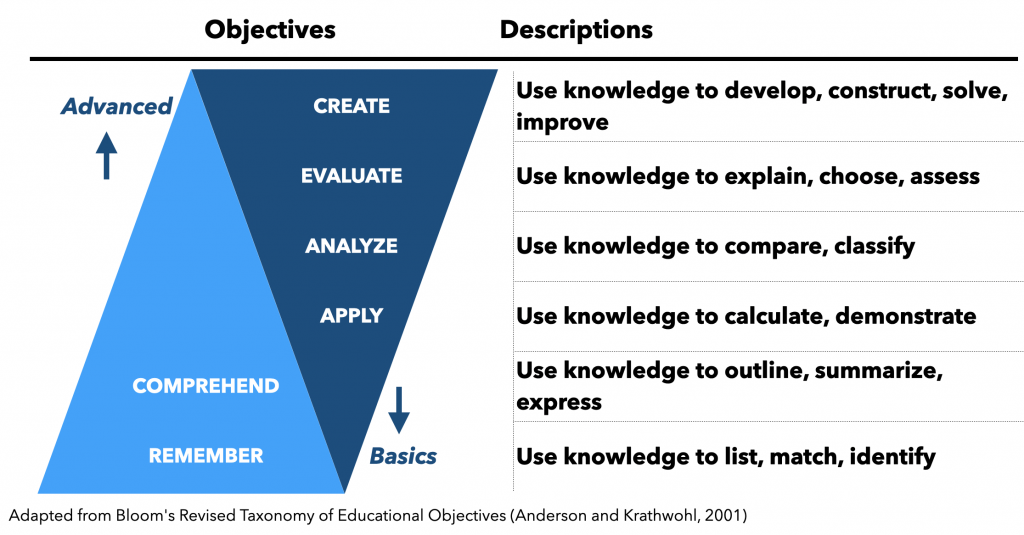Researchers aim to generate new knowledge (Figure 1). I received my doctorate degree in Business Administration (a PhD in Marketing) at the triple-crowned Koç University Graduate School of Business in Istanbul. I gained course design and delivery experience at TED, abbreviation for Türk Eğitim Derneği, Turkish Education Association, University (TEDU) in Ankara.
Figure 1: Knowledge Generation and Sharing

Figure 1 illustrates how research, scholarship and teaching services work together for knowledge generation and knowledge sharing. Innovation, strategic brand management, sustainability and pricing are my main areas of scholarly interest.
“You cannot teach a person anything, you can only help him find it within.” Galileo
Along with knowledge development, an essential function of a university is to provide learning opportunities that inspires, encourages and reinforces actual learning. In that aspect, I consider being a university professor to integrate learning experience design with guidance on how to gain a perspective and understanding of the essentials.
In my courses, I embrace the fact that marketing and management are dynamic professions. As a consequence, learners are knowledgeable at varying degrees, and excited to engage with an evolving field. Therefore a professor in marketing must invest continuously in learning themselves, at the very least to be able to inspire other learners and engage with them in a meaningful way.
My academic career started in 2017, when I accepted the dean of the Faculty of Economics and Administrative Sciences at TED University (TEDU) offer for an assistant professor position. After a long period of unexpected events, I got the official position five years later.* In that five-year period, I was asked to offer a variety of courses resulting in a too heavy teaching load. I took that from a positive side, since contributing to a country that lacks the proper infrastructure for knowledge sharing, has significant social value. Also, sharing knowledge is not independent from generating knowledge, as in Figure 1.
Quality of any type of education can be measured through progress in critical thinking and freedom of expression. Teaching is then not a simple transfer of knowledge. It has to provide the essentials to learners to enable them build their own knowledge and gain scientific, ethical and artistic perspectives to their professions. With that conceptualization of education, I am an active learning enthusiast in courses I design and deliver.
I find respect, curiosity, transparency and knowledge to be the four pillars for an effective learning. My approach is science and evidence based, connected to research and scholarship at the core, yet integrating contemporary topics and research findings. Overall, I follow Bloom’s model as a guideline, in Figure 2 below.
At Koç University, as a research-oriented lecturer for a year, I assumed the responsibility for Strategic Brand Management (MKTG551) and Innovation Management (MKTG404) along with Marketing Research (MKTG301). I was also responsible for the marketing module of the Capstone Project for the Business Administration program (BUSA499), along with professors from the fields of Strategy and Operations Management. I also offered an Independent Project on Advances in Innovation and Brand Management (MKTG495).
At TEDU I primarily offered Brand Management (BA464), New Product Development (BA462) and Social Media Marketing (BA465). Based on a request, I developed Digital Marketing for Education Institutions (MEI505), and delivered to a class of professional educators in the Management in Educational Institutions Master of Arts program. Other courses I delivered includes, Production and Operations Management (BA305), Research Methods (BA401, ECON401, PSIR401) and Principles of Marketing (BA301). In addition to these courses, I supervised fifteen graduation projects in Business Administration (BA402) and one in Economics (ECON402). In anonymous course evaluation surveys, my average rating is about 4.5 out of 5.0 at TEDU. Notably, in MEI505, the rating was 4.89 out of 5.00, assessed by professional educators, including teachers with over thirty years of experience. I find these as consistent indicators of satisfaction with learning experiences.
Innovations in knowledge sharing
I developed learning.love as an instrument to deliver recorded videos during the pandemic in a more privacy-sensitive platform, and then to continued developing it to support active learning in the post-pandemic period. I pilot tested Coursera integration in one of my courses at TEDU and also offered the first Vertically Integrated Projects course in Turkiye, which is also one of the earliest in Europe as part of an initiative for Innovation Capacity Building for Higher Education. I highly appreciate the role of universities for societies in providing a robust venue for learning for university students and professors alike. I have collaborated with Nazlı Wasti Pamuksuz (ODTU) and Özlem Atay Özkanlı (Ankara University), on preparing a teaching case about silk peace production in Hatay, a region struck by two massive earthquakes in 2023.
I consider all these as an indication of desire to contribute to human development for a better future.
Figure 2: An Illustration of Bloom’s Taxonomy

“[A]mong college professors, there is a saying, ‘A handshake is good enough between businessmen. But when your university’s dean promises you something, get it in writing'” (Dixit and Nalebuff, 1993, p.151)
Reference
Dixit, Avinash K., and Barry J. Nalebuff. Thinking strategically: The competitive edge in business, politics, and everyday life. WW Norton & Company, 1993.